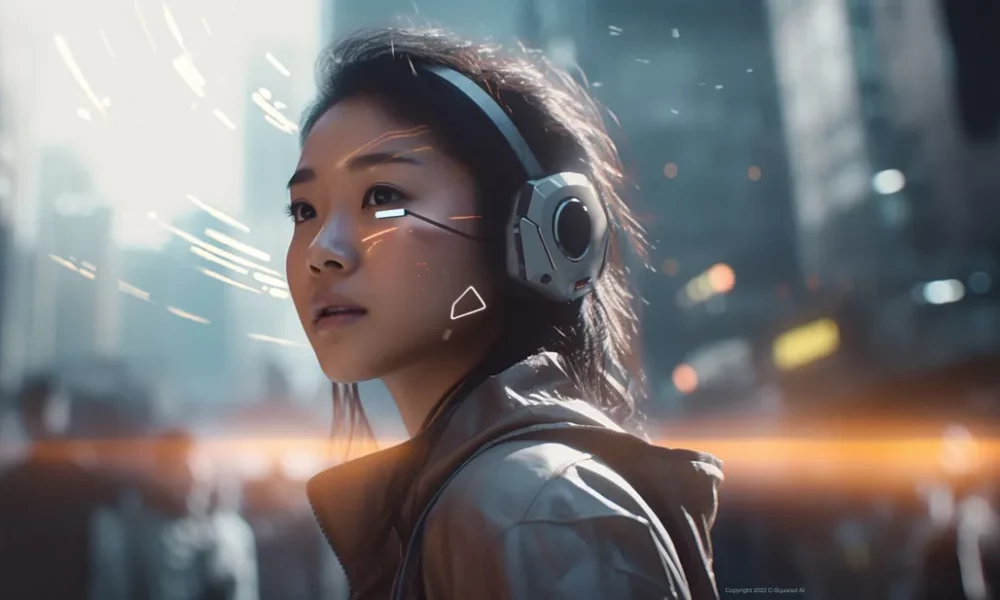In the ever-evolving landscape of technology, intelligent interfaces are paving the way for a new era of human-computer interaction. These interfaces leverage advanced technologies such as artificial intelligence (AI), machine learning (ML), and natural language processing (NLP) to create seamless, intuitive interactions between humans and machines. This article explores the exciting possibilities of intelligent interfaces of the future, highlighting their potential applications and benefits.
Enhanced Virtual Assistants
Intelligent interfaces of the future will revolutionize virtual assistants, elevating them from mere voice-activated tools to intelligent conversational partners. By combining advanced NLP algorithms with contextual understanding, these virtual assistants will comprehend and respond to complex queries with remarkable accuracy. They will learn from user interactions, adapting to individual preferences and becoming increasingly personalized. Moreover, intelligent interfaces will empower virtual assistants to recognize emotions, enabling them to provide empathetic responses and tailored recommendations.
Immersive Augmented Reality (AR)
Intelligent interfaces will bring about a transformative AR experience, seamlessly blending the physical and digital realms. Through advanced computer vision and ML techniques, AR interfaces will perceive and understand the user’s surroundings, overlaying virtual elements onto the real world with precision and accuracy. Imagine walking into a museum and having an intelligent interface identify and provide detailed information about each artwork, or wearing AR glasses that display real-time translations of foreign languages. These applications are just the tip of the iceberg for the immersive AR experiences that intelligent interfaces will offer.
Natural Language Understanding
One of the most significant advancements in intelligent interfaces will be their ability to understand and interpret human language in a more natural and nuanced manner. Traditional interfaces often struggle with context and ambiguity, leading to frustrating user experiences. However, intelligent interfaces will leverage powerful NLP models to comprehend the subtleties of language, including idioms, colloquialisms, and even sarcasm. As a result, users will enjoy more intuitive interactions, allowing them to communicate effortlessly with machines through voice or text-based interfaces.
Gesture and Emotion Recognition
Intelligent interfaces will transcend traditional input methods and harness cutting-edge technologies like computer vision to recognize gestures and emotions. By analyzing facial expressions, body language, and even physiological signals, these interfaces will gain a deeper understanding of human emotions and intentions. This will enable a range of applications, from hands-free control of devices using intuitive gestures to adaptive interfaces that respond to the user’s emotional state. Intelligent interfaces will pave the way for more natural and expressive ways of interacting with technology.
Context-Aware and Proactive Interfaces
Future interfaces will possess an unprecedented level of context awareness, allowing them to anticipate user needs and provide proactive assistance. By leveraging data from various sources, including calendars, location data, and past interactions, intelligent interfaces will offer personalized recommendations and automate routine tasks. For instance, a context-aware interface could remind you to pick up groceries on your way home, or automatically adjust your smart home settings based on your preferences and habits. These interfaces will seamlessly integrate into our lives, acting as proactive assistants to enhance productivity and convenience.
Conclusion
Intelligent interfaces of the future hold immense potential to transform human-computer interaction. Through advancements in AI, ML, and NLP, these interfaces will enable enhanced virtual assistants, immersive AR experiences, improved natural language understanding, gesture and emotion recognition, and context awareness. As these technologies continue to evolve, intelligent interfaces will become an integral part of our daily lives, empowering us to interact with technology in more intuitive, seamless, and personalized ways. The future is bright for intelligent interfaces, promising to revolutionize the way we engage with the digital world.

